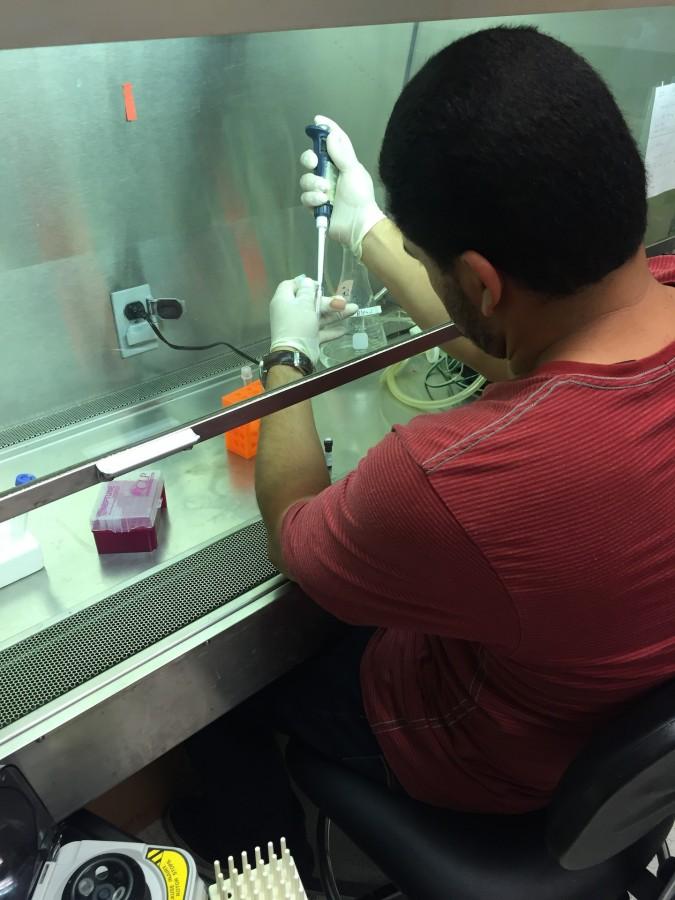The World Health Organization has declared the Zika virus an international public health emergency because it can cause birth defects.
Children born with the Zika virus may experience birth defects such as microcephaly, which causes small heads and sometimes brain damage.
The Center for Disease Control and Prevention (CDC) has urged pregnant women to refrain from traveling to countries in Central and South America that have the Zika virus or to refrain from sexual activity with a man who has visited Zika infected countries.
“There have been isolated cases of spread through blood transfusion or sexual contact and that’s not very surprising, the virus is in the blood for about a week,” said Dr. Tom Frieden, CDC director. “How long it would remain in the semen is something that needs to be studied and we’re working on that now.”
What is Zika?
Zika is a tropical infection transmitted through mosquitos. It attacks the neural system and development of the brain.
According to the CDC, about one in five people infected with the Zika virus will become sick from it. The virus’ most common symptoms are fever, rash, joint pain and conjunctivitis. Muscle pain and headaches are other common symptoms that people with Zika experience.
Currently there is no vaccine or specific medicine to treat a Zika infection.
How likely is this virus to come to California and spread?
Joy Phillips, research assistant professor at the Donald P. Shiley BioScience Center at San Diego State said she doesn’t think the virus will make its way to California and spread.
“I’m hoping that with the mosquito prevention efforts they will be able to hold them off,” Phillips said. “Having said that, if we keep getting this big El Niño year that they said we will get, there will be mosquitos.”
In fact El Niño may bring some mosquitoes over to California, but the survival of these mosquitoes is based on if the state experiences a dramatic dry patch afterwards.
“If El Niño comes, but then it gets extremely dry and we experience great weather, then the mosquito eggs will die, which is good,” Phillips said.
How to fight the Zika virus
Roland Wolkowicz, associate professor and director of the Flow Cytometry Core Facility, said the best way to completely stop Zika is to kill all mosquitos or to create a vaccine.
Although it is incredibly difficult to kill all mosquitos, there is a way to reduce the spread of them.
There have been new genetically engineered male mosquitoes created to pass a lethal gene when they have sex with a female mosquito, killing the newborn offspring before they reach adulthood.
These mosquitoes have been tested in small areas and have lowered mosquito populations by more than 80 percent.
A Zika vaccine is also in the works.
Various companies are interested in coming up with a vaccine, but Phillips said there are some setbacks that can cause a delay in the vaccine.
“The first problem is that I don’t know if there is a good animal model besides monkeys, and you don’t want to start basic vaccine study in primates,” Phillips said.
Once they get an animal model, researchers have to test the vaccine and get it approved before it can be distributed to the public.
Wolkowicz said once they create a vaccine they will have to update it every year because the virus will learn how to fight it.









